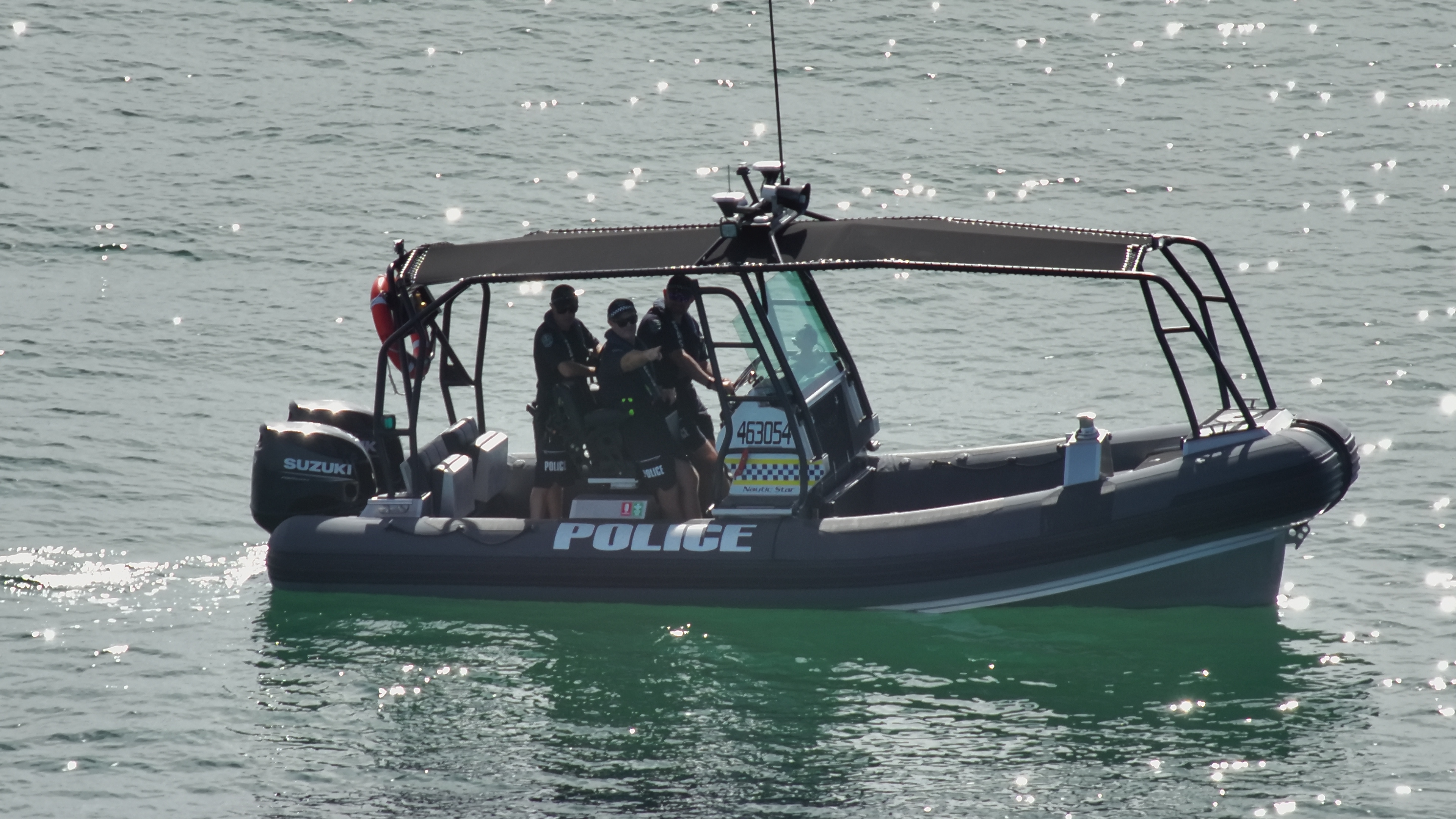 Skydiving (credit Kamil Pietrzak on Unsplash).
Skydiving (credit Kamil Pietrzak on Unsplash). Adrenalin junkie, thrillseeker, risktaker. Put those unfounded labels aside, says Southern Cross University psychologist Dr Eric Brymer, because the true motivations of extreme sportspeople flip our perceptions.
Dr Brymer has spent more than 30 years getting inside the minds of those people who throw themselves off mountains, surf big waves, jump out of planes or freedive deep underwater to understand why they do what they do.
The Gold Coast campus researcher, who’s the University’s new course coordinator of the Bachelor of Psychological Science with Honours, will share his expertise in SBS Insight’s upcoming episode Risk and Reward on Tuesday 21 June at 8.30pm and SBS On Demand.
“The popular conception for extreme sports participation is risking one’s life and chasing the adrenalin rush. However, it’s much more nuanced and complex,” Dr Brymer said.
“The overwhelming majority of participants are very careful, calculated and knowledgeable about what they do. One person I know says it’s riskier to be driving his car at the mercy of other drivers than it is to do activities he does.
“Why they keep going back for more is not about risk-taking. Instead, participants report deep inner transformations that influence world views and meaningfulness, feelings of coming home and authentic integration as well as a freedom beyond the everyday.
“The single focus required in the moment to start and complete the activity safely, taking account of the surrounding environment, is like a meditation, a dance with nature. You’re attune with the environment to such an extent that you’re floating through it. Participants report these moments as being transcendent of time, space and body. Extreme sport participation points to a more potent, life-enhancing endeavour.
“I know a 79-year-old base jumper! Calculated adventure activities in the natural environment has benefits for all of us.”
/prod01/channel_1/media/scueduau/news/2022/Dr-Eric-Brymer-Credit-SBS-Insight-low-res-720X475.png)
Dr Eric Brymer appears on the SBS Insight episode, Risk and Reward (credit: SBS Insight).
Dr Brymer is an internationally recognised adventure psychologist and researcher specialising in understanding and developing high performance skills and wellbeing outcomes. He has a particular interest in the human-environment relationship and the impact of this relationship on performance.
He co-authored the book Phenomenology and the Extreme Sport Experience (2017).
“When I first started researching this phenomenon, there was no understanding of adventure athletes or extreme athletes,” Dr Brymer said.
“Society dismissed them as thrill-seeking personalities, danger-seeking risktakers. I knew it didn’t reflect my experience. The people I worked with and coached were very careful, very skilled, very committed. None of the literature at that time reflected the people I knew or worked with.
“Extreme athletes know they can’t conquer the natural world. The natural world doesn’t know you’re there! Mount Everest doesn’t know you’re on it, let alone there’s some kind of competition and you’re going to attempt to beat Everest. Same with big waves, the waves don’t know you’re on it, they just do their thing.
“At the heart of these activities is challenging the self, about awakening our perceptions. There is a sense of freedom and clarity when our perceptual capacities are awoken to their full capacity. Travelling at a few hundred kilometres an hour, these people’s visual acuity is heightened so they see the detail in the rocks, the waves, the colours, the shades, the nooks, the crannies.
“I believe modern living, with its removal of us from the natural environment, has dulled our senses, to the detriment of our mental wellbeing.”








